Thanks to our category sponsor
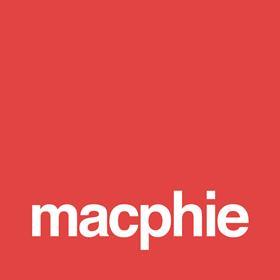
Sustainability continues to climb the agenda for the baking industry with businesses of all sizes seeking to make their operations more environmentally friendly. This category aims to celebrate this work by shining a spotlight on the initiatives making the industry a more sustainable one.
The winner fought off stiff competition from Oggs, which was a finalist in the category in 2023 and has made significant progress over the past year, and newcomer Chichester Food & Drink.
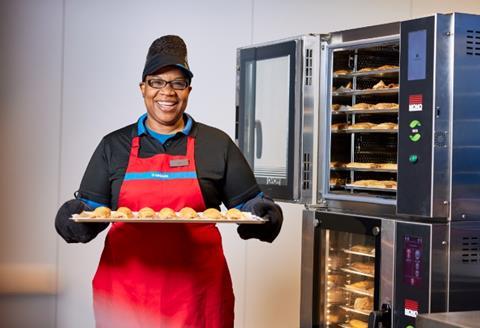
Winner: Recyclable baking paper, Linwood Raker (Food Paper) with Greggs and Biffa
Teamwork makes the dream work – that’s the message from this year’s Sustainability Initiative of the Year winners Linwood Raker (Food Paper), Greggs, and Biffa. The trio took home the trophy for their work in bringing the Super Light Recyclable Baking Paper to market and securing certification for it, which ultimately helped to divert it from the waste stream.
The collaborative partnership between baking paper supplier, bakery giant, and waste management firm sought to divert thousands of tonnes of used baking paper into the recycling stream, avoiding alternative means of disposal.
The trio faced many challenges along the way. Typically, silicone lined baking papers have been considered unsuitable for recycling, even more so once it has been used. However, over the past couple of years the partnership has been challenging this with the goal of securing On-Pack Recycling Labels (OPRL) approval for the Super Light Recyclable Baking Paper.
The extensive development and laboratory testing of the paper preceded the live verification process undertaken by Greggs and Biffa with OPRL approval given in August 2023. This means the paper can be recycled providing it is free of baked on or three-dimensional residue. Since gaining approval, more than 200 tonnes of paper have been recovered and recycled, avoiding incineration and potentially non-optimal energy recovery. Greggs has also switched more than 70% of its baking paper to the recyclable version with the target of making it 100% by the end of the year.
The judges were impressed with the collaboration between the three organisations and their ability to drive change to achieve the desired results. They praised their determination and tenacity when going through the verification process with OPRL and the involvement of all parties at all stages as they moved towards the end goal.
“We were instinctively impressed by the initial concept and only became more so when we delved further into the work that has been undertaken by the three companies,” the judges commented. “The amount of paper that has been recovered and recycled is fantastic and this will only increase.”
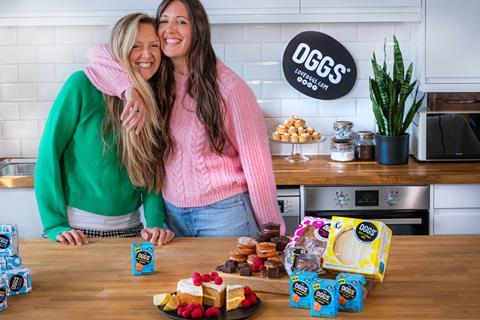
Finalist: More sustainable menus, Oggs
Oggs wants to make bakeries more sustainable and healthier by replacing eggs with its aquafaba plant-based egg alternative. A finalist in this category in 2023, B Corp-certified Oggs has spent the past year focussed on fostering partnerships between bakery manufacturers and end users to encourage trials and product launches which see eggs reduced or replaced with aquafaba.
The business has also rolled out new formats of Oggs Aquafaba in 10L, 20L, and 1000L formats to help large food manufacturers utilise the ingredient.
Its work is paying off with several sizeable manufacturers and restaurant chains working with Oggs to create more sustainable products. To date, Oggs said it has removed the need for over eight million eggs and saved over 1.5 million kgs of CO2e, but the company has ambitious plans to remove over 10 million further eggs in the next year alone. It is hopeful this can be achieved, particularly as businesses pay closer attention to Scope 3 emissions as part of their Net Zero objectives.
The progress made over the past year is “outstanding” according to the category judges who also commended Oggs for its reduction mindset as well as thinking about the use of aquafaba from several angles including health, food waste, animal welfare, and efficiency.
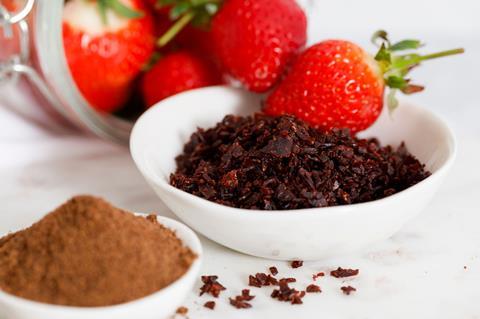
Finalist: RESQ sustainable ingredients, Chichester Food & Drink Co
Chichester Food & Drink is on a mission to prevent supermarket ready fruit from being wasted due to lack of demand. It does this through gentle air drying which converts fresh fruit into shelf stable ingredients which boast a 12-month shelf life.
The crumbs and powders can be used in a variety of bakery applications as well as more widely across food and drink. Over the past year, Chichester Food & Drink Co has worked with several NPD teams across the baking industry and has extended its portfolio from blueberry, raspberry, and strawberry to also include apple, orange, lemon, and lime. It said feedback from NPD teams was that the ingredients ‘punch above their weight in flavour against freeze-dried alternatives’.
To date the business has rescued more than 160,000kgs of surplus fruit which would have otherwise been wasted, equating to just under 300 tonnes of CO2 being saved, according to the firm. This is just the start and Chichester Food & Drink Co has set itself a target to rescue 500,000kgs of fruit per year as well as explore the green energy opportunities that exist locally to power its factory.
“They saw a problem and did something about it,” explained the judges, who were impressed with the versatility of the end products and the thought that had gone into the air-drying process vs other options to weigh up the life cycle emissions and efficiency.
Baking Industry Awards 2024 winners revealed
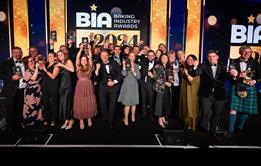
A baker from Cumbria, a Cardiff craft bakery, and the UK’s biggest bakery brand are among the winners of the Baking Industry Awards 2024
- 1
- 2
- 3
- 4
- 5
- 6
- 7
- 8
- 9
- 10
- 11
- 12
- 13
- 14
 Currently
reading
Currently
reading
Baking Industry Awards 2024: recyclable baking paper named Sustainability Initiative of the Year


































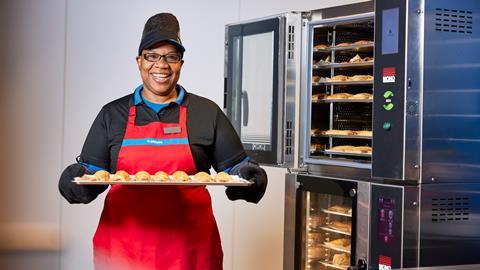














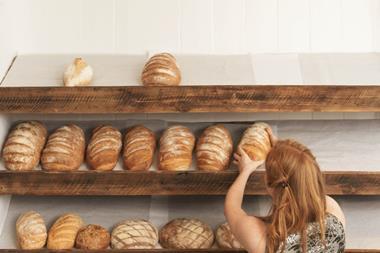
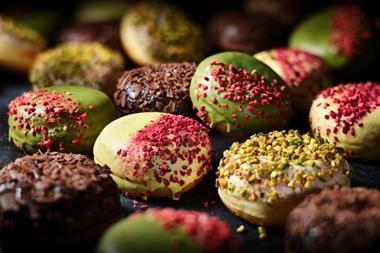
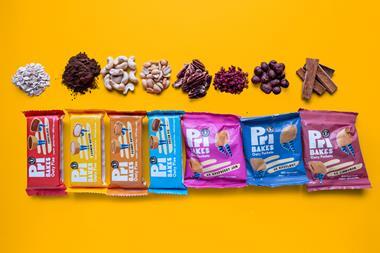
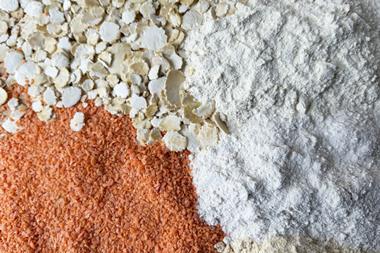
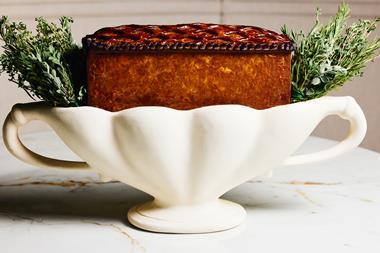
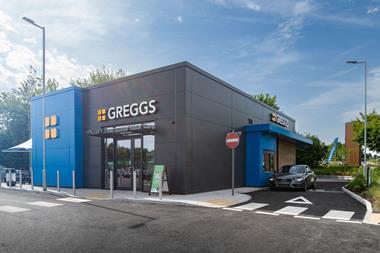




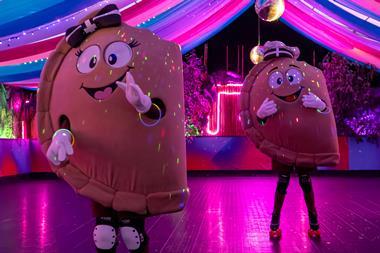
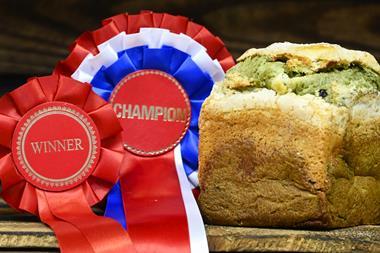

No comments yet